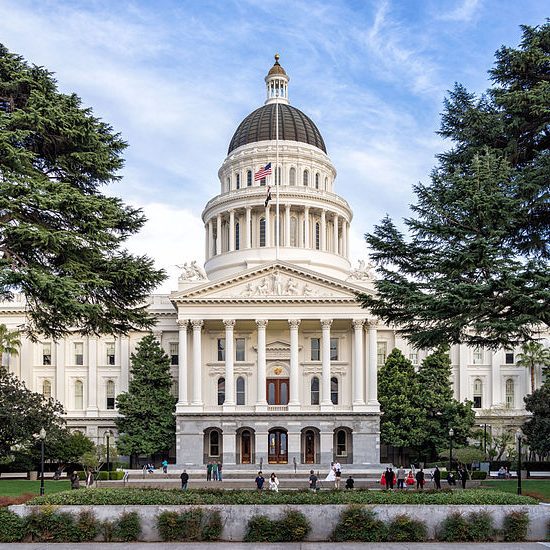
January 1st was the day that legislation passed in the previous calendar year – and signed by Gov. Gavin Newsom – takes effect.
As usual, the California State Legislature can’t be faulted for inactivity. In 2022, the California Legislature passed nearly 1,200 bills — and nearly 1,000 became law with Gov. Gavin Newsom’s signature, though many of them are minor fixes to laws that legislators and the governor previously enacted, according to Cal Matters. Others are rather narrow or specific to a certain industry.
It’s no surprise to followers of this space that housing continued to dominate much of the legislative heavy lifting in 2022.
Developers looking to build housing in sleepy commercial areas, such as vacant parking lots, strip malls and office parks, now have an option to fast-track their projects. AB2011, by Assembly Member Buffy Wicks, D-Oakland, streamlines zoning and permit approvals for housing in many urban areas, as long as about 15% of rental units will be designated affordable. Wicks’ bill also allows developers to hire nonunion workers for the projects as long as they pay such workers prevailing wages and offer health benefits.
As New York Times reporters Conor Dougherty and Soumya Karlamangla wrote in October, “For the past six years, through boom, bust and pandemic, California’s Legislature has ended each session with a blitz of new laws that aim to make housing more plentiful and affordable. Statewide rent control. Moves to encourage backyard units. A dismantling of single-family zoning rules. The barrage continued in the 2022 session, when lawmakers passed a pair of measures that aim to turn retail centers, office buildings and parking lots into potentially millions of future housing units — moves that caused many political observers to reconsider what is politically possible.”
In addition to housing, California’s $15 minimum wage will expand to nearly all employees, including those working for small businesses, after the passage in 2021 of legislation that made California the first state to require a $15-an-hour minimum wage for businesses with more than 25 employees, though Washington, D.C., and many California cities in the Los Angeles and San Francisco Bay areas already reached that milestone behind the “Fight for 15” movement.
For businesses with 25 or fewer employees, the new minimum wage is $14, and rises to $15 this month. From then on, the wage will rise annually based on inflation. It’s the final step in a seven-year plan to phase in a statewide $15 minimum wage, which extended to employees of larger businesses in 2022. The minimum wage will rise an additional 50 cents, to $15.50, across the board, including an inflationary adjustment the state added this year. Legislators approved the wage increases with SB3 in 2016, by then-Sen. Mark Leno, D-San Francisco. Many cities in the Bay Area have ordinances that require a higher base wage.
There have been indications from the Marin County Board of Supervisors that consideration of an even higher minimum wage could be in the offing.
HERE’S ARE OTHER NEW LAWS IN EFFECT IN 2022, PER CAL MATTERS AND THE SAN FRANCISCO CHRONICLE.
